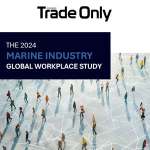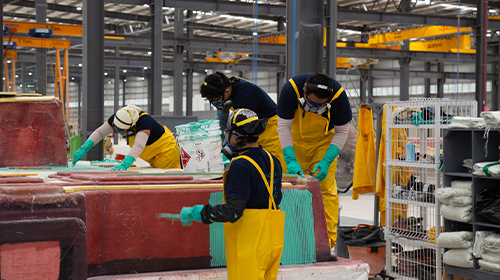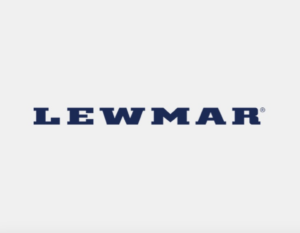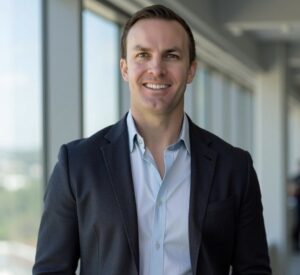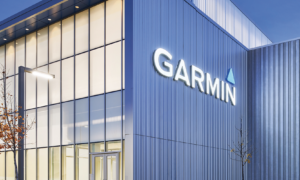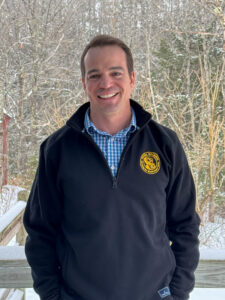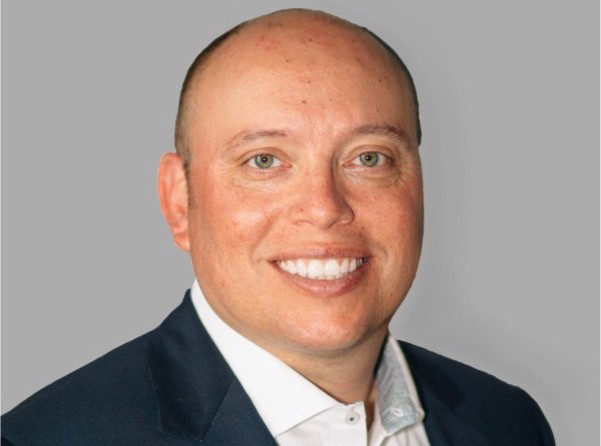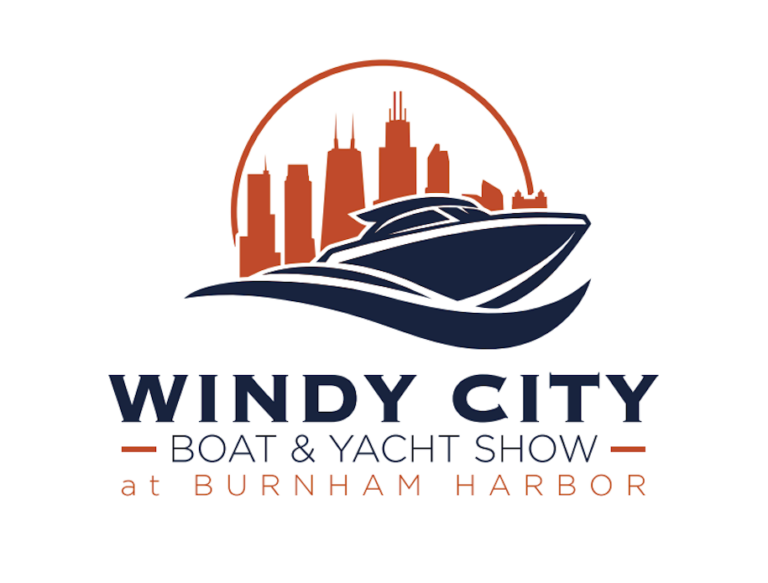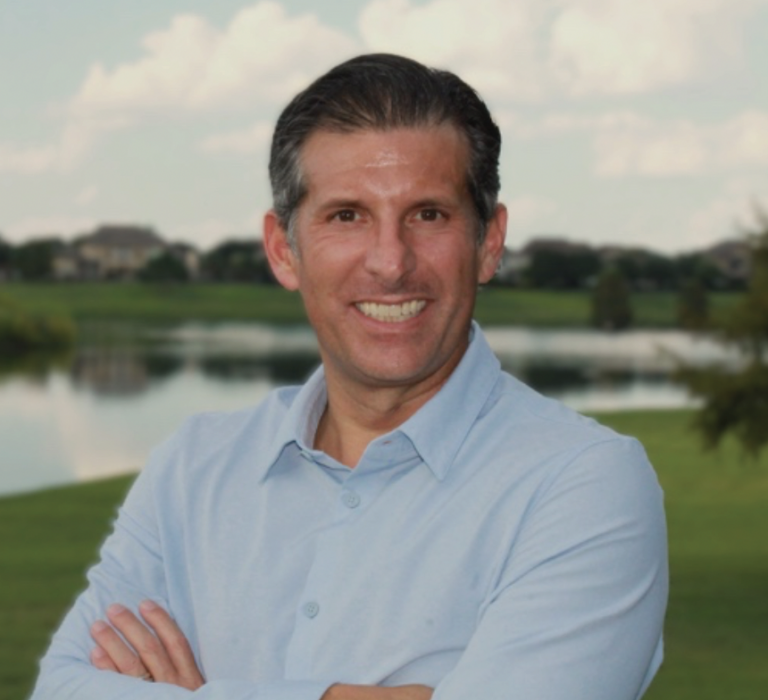Just about everyone in the marine industry knows the difficult work that goes into building fiberglass boats, especially the lamination process. The grueling nature of the process means finding people to do the work can be challenging, especially in the United States.
John Dorton, CEO of Warbird Holdings, parent of Florida fishboat builders Yellowfin Yachts and Invincible Boats, knows the struggle well. The problem was so pervasive that in 2023, Warbird set up a manufacturing facility in Mérida, Mexico, where finding people to do lamination work is far easier.
When Soundings Trade Only toured the facility in late 2023, the company was already shipping fiberglass hulls and decks across the Gulf of Mexico to Florida, where final assembly takes place in Sarasota and Opa-locka. But how does this model work during a time of sky-high tariffs, especially those between Mexico, Canada and China?
Trade Only Today spoke to Dorton this week to find out how his businesses are faring under the shadow of a trade war. The good news for Warbird is that the United States-Mexico-Canada Agreement, which President Donald Trump signed into law Jan. 29, 2020, qualifies certain goods, such as those the company produces in Mexico, for preferential tariff treatment.
“We are USMCA-compliant, which we worked hard to do, so we are exempt from tariffs at this time,” Dorton told Trade Only Today. “We’re making most of our laminated parts in Mérida and then shipping them back to completion centers in the U.S. We’re still doing that, and our USMCA compliance means we can keep doing it free of tariffs.”
Dorton and his team have been adamant about the value of the “Made in the U.S.A.” moniker, but the reality of sourcing labor in the United States forced the company’s hand.
“It’s hard to find enough labor that is interested in the lamination process in the U.S., no matter what state you’re in, and I have built boats in four or five states in my career,” Dorton said. “In Mérida, we have an engaged and active 30- to 40-year-old workforce that’s very interested in their career and excited for the opportunity. I think we have about 400 employees in the Yucatan and 400 U.S. employees. We certainly are big believers of made in America but also know that there are other areas in the world that have certain expertise that favor different sorts of jobs, so I think there’s some merit to a global supply chain.”
Dorton said tariffs are still impacting Warbird, but that overall economic uncertainty and stock market volatility are having the biggest impact on boat sales.
“The impact that tariffs are having on our business are mostly on the cost on inbound materials,” Dorton said. “We might have a vendor that makes a bilge pump or a bait-well pump that buys materials from an impacted country. Ultimately, that’s passed on to us, so we do expect some cost increases but not related to our activities in the Yucatan.”
Consumer confidence, market instability and other economic headwinds are of particular concern to Warbird, Dorton said. “I think overall, at least temporarily, the most significant negative impact on the industry is low consumer confidence,” he said. “We haven’t seen the bounce back in demand [after Covid] that we expected. We see consumers waiting to see what’s next with their money, and a lot of people lost a fair amount of money in their retirement funds recently. That’s affecting us. Tariffs, not so much right now.”

